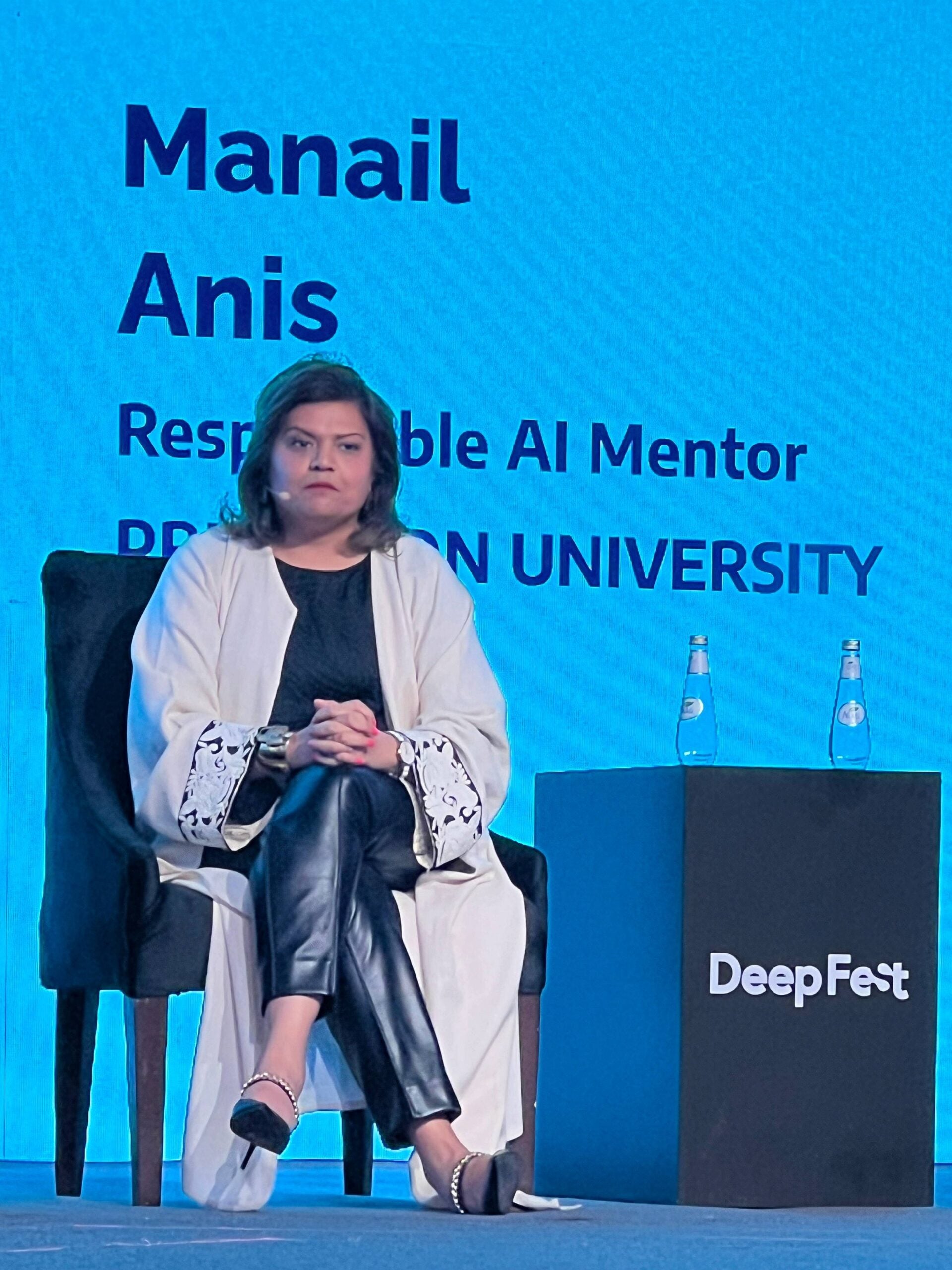Working Women In Liberian Media: Uncovering Histories through Television Archives and Personal Stories (1980-1991)
Georgetown University in Qatar DohaThe discussion surrounding African women and the media is complex, addressing topics like media representation, gendered labor, and women as producers and consumers. As cultural producers, women communicate everyday realities across time and space (Ellerson 2016; 2018). This project, based on research using the digitized archives of Eternal Love Television (ELTV) broadcasts by the Liberia Broadcasting System (LBS), centralizes women's work and voices. It examines women's roles in broadcast media through television archives and personal stories, asking how the digital archive reformulates knowledge production. It uncovers counter-narratives of identity, history, and culture, and explores how women's histories can be rewritten through audiovisual documentation. The project also investigates how archives and personal stories co-create new understandings of African media history, feminist media, and national history.
Edidiong Ibanga is a research associate and doctoral candidate at the Africa Multiple Cluster of Excellence, at the University of Bayreuth, Germany. Her research interests include women and gender studies, women's and social histories, knowledge sources, and African media studies and histories. She is currently working within the Junior Research Group – African Knowledges and the History Publication since the 1970s – which focuses on aspects of Liberia's history, history sources, and heritage.
Location: 0A13, Georgetown University in Qatar

